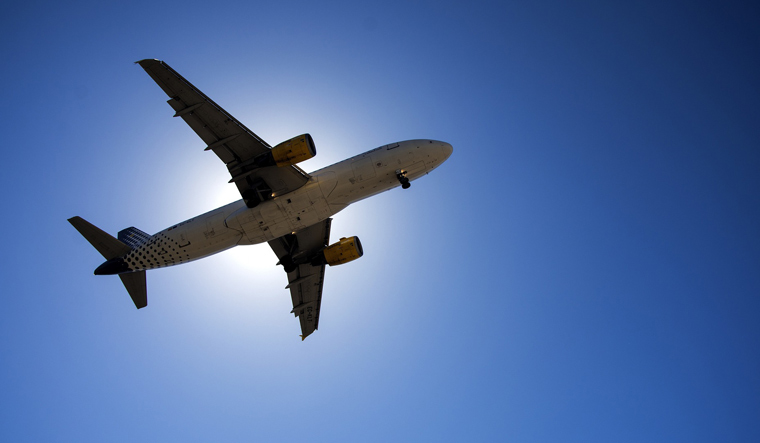The International Air Transport Association (IATA) on Monday castigated India for taxing international tickets, as it asked governments to facilitate the growth of worldwide connectivity by avoiding creeping re-regulation, maintaining the integrity of global standards and addressing a capacity crisis.
"We must take governments to task. It is unacceptable that global standards are being ignored by the very governments that created them," IATA's Director General and CEO Alexandre de Juniac said.
Asserting that India was taxing international tickets in contravention of the resolutions of the UN body International Civil Aviation Organisation (ICAO), de Juniac said, India helped develop ICAO resolutions prohibiting tax on international tickets.
Yet it persists in taxing international travel, he said, apparently referring to the imposition of Goods and Services Tax (GST) and enhancement of its rates on international air tickets, especially business class.
The Indian government had announced the implementation of the GST from July 1, 2017. The tax covers airline products and services including tickets, ancillary, change, refund and other products and fees.
De Juniac was presenting a report on the air transport industry at the opening session of the 74th IATA Annual General Meeting and World Air Transport Summit, which began in Sydney on Monday.
On aviation's core mission to deliver safe, secure, accessible and sustainable connectivity, the state of our industry is strong and getting stronger. And with 'normal' levels of profitability we are spreading aviation's benefits even more widely.
But there are challenges. Smarter regulation needs to counter the trend of creeping re-regulation. Global standards must be maintained by the states that agreed (upon) them. And we need to find efficient solutions to the looming capacity crisis, he said.
Alluding to the recent announcements by the Trump administration in the US on imposition of hefty tariffs on import of steel and other products, he warned that the spectre of a trade war looms which would hit the aviation industry as well, specifically in terms of cargo movements and business travel.
The forces of protectionism are gathering strength. Sanctions, tariffs and geopolitical conflicts are the mainstay of daily news. The spectre of trade war looms. Debates on migration and immigration rage. And trust among nations is showing fragility, the IATA chief said.
He said airlines flew over four billion passengers in 2017 while more than 60 million tonnes of cargo was delivered by air, accounting for a third of the value of goods traded globally.
Every day, goods, people, investment and ideas are connected by aviation. That directly supports 63 million jobs and improves the quality of life for all, de Juniac said.
However, it is a challenging industry to operate, he said, adding high taxes, costly and ill-conceived regulation, infrastructure capacity constraints, market shifts and the demands of labour are the normal' repertoire.
Protectionism could derail successful international joint ventures. And fuel costs are expected to be up 25 per cent on 2017, he said.
However, despite such a scenario, the aviation industry's financial foundation has grown stronger, he said, projecting that the airlines would make nearly $40 billion this year as passenger demand is expected to grow 7 per cent and cargo by 4 per cent.
There are challenges. We will meet them head-on. How? By building the partnerships and understanding needed to further the reach and expand the benefits of the amazing industry... I will say it proudly again, we are the business of freedom, de Juniac said.
—PTI


